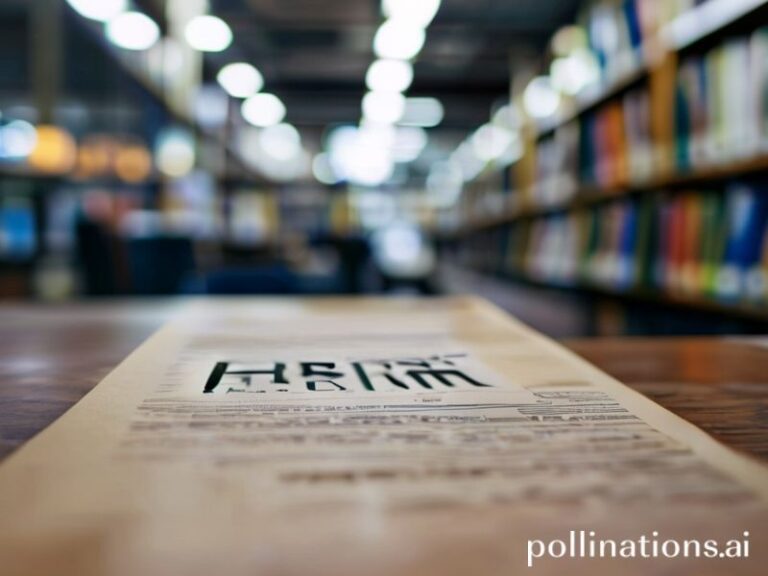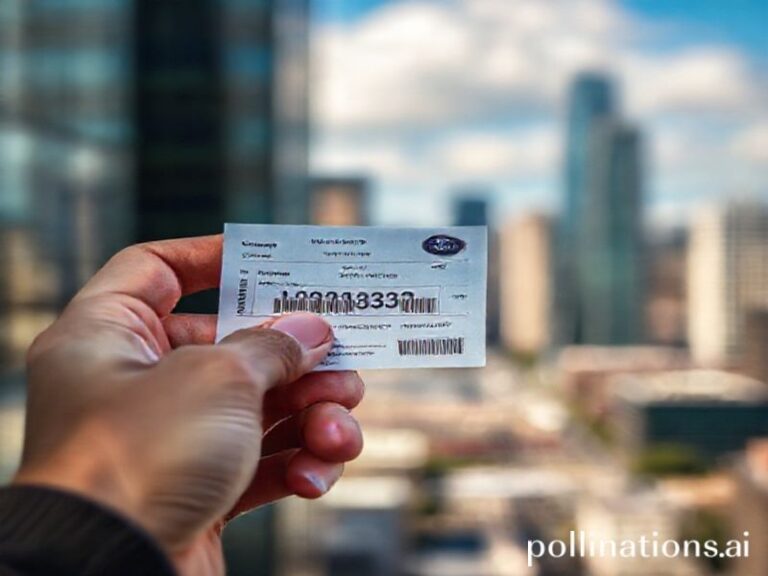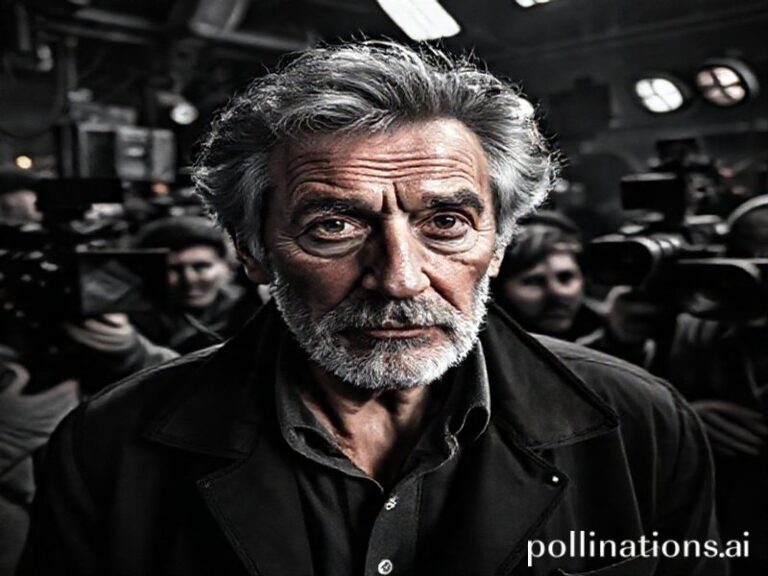julia bradbury
Julia Bradbury, the erstwhile queen of British rambling television, has unwittingly become the global canary in our collective coal mine. While she once merely guided middle-class English pensioners through Cotswold cowpats, her recent public battle with breast cancer has transformed her into an unlikely geopolitical barometer—proof that even the most anodyne celebrity can’t escape the planetary malaise we’ve brewed up like a tepid cup of Lipton.
Let’s zoom out for context. From the smog-choked streets of Delhi to the deforested hellscape of the Amazon, humanity has spent the last century treating the planet like a cheap rental car. And now, like a cosmic punchline, the bill has arrived with interest. Julia—our wholesome, hiking-boot-clad symbol of pastoral innocence—walks straight into this planetary debt collection. Her diagnosis isn’t just personal; it’s a darkly comic reminder that no amount of organic muesli or mindfulness retreats can shield you from the carcinogenic fallout of late-stage capitalism.
Of course, the British tabloids have responded with their usual blend of performative sympathy and thinly-veiled voyeurism. “Brave Julia’s Cancer Hell!” scream the headlines, as if malignancy were a particularly challenging fell walk. Meanwhile, in countries where healthcare isn’t a luxury good but a basic human right, they watch this spectacle with the bemused detachment of a French existentialist observing a village fête. The French, naturally, have already filed Julia under “Anglo-Saxon martyrdom complex” and returned to their Gauloises and strikes.
But here’s where it gets interesting on the world stage. Julia’s story has been picked up by media from Lagos to Lima, not because anyone particularly cares about British television presenters, but because her narrative fits perfectly into our global obsession with individual triumph over systemic failure. In India, where 2.3 million women are diagnosed with breast cancer annually but only a fraction receive adequate treatment, Julia’s “inspirational journey” reads like satire. In Brazil, where environmental toxins are practically a food group, they nod knowingly at another victim of the industrial death spiral.
The Chinese social media platform Weibo has taken particular interest, with users drawing parallels between Julia’s “fighting spirit” and the increasingly desperate measures Beijing residents take to avoid breathing their own air. One viral post compared her chemotherapy sessions to the daily wearing of pollution masks—“both equally effective against an enemy that shouldn’t exist in the first place.” Dark humor, it seems, is the only universal language left.
Meanwhile, the pharmaceutical companies have circled like vultures, their marketing departments already crafting campaigns around “Julia’s choice” of treatment. In Switzerland, where Novartis executives ski between board meetings, they’ve probably already calculated the exact revenue per tearful Instagram post. It’s globalization at its most grotesque: a woman’s cellular rebellion becoming a profit center for shareholders who’ve never walked further than their Tesla to the private jet.
The broader significance? Julia Bradbury has become an accidental prophet of our age, a walking metaphor for the moment when personal crisis collides with planetary catastrophe. She’s the human face of a species that spent millennia evolving to walk the Earth, only to spend the last century poisoning it so thoroughly that the Earth is now walking back. Every step she takes on her road to recovery is mirrored by humanity’s stumbling progress toward whatever comes after this mess.
And so we watch, a global audience of 8 billion voyeurs, as one woman navigates the treacherous terrain of modern existence. Her story isn’t unique—it’s just been televised. The rest of us navigate our own versions in private, our own cells mutating in protest against the world we’ve built. Julia’s journey from country paths to chemotherapy chairs is simply the most British way possible to illustrate a universal truth: we’re all walking wounded now, whether we know it yet or not.







